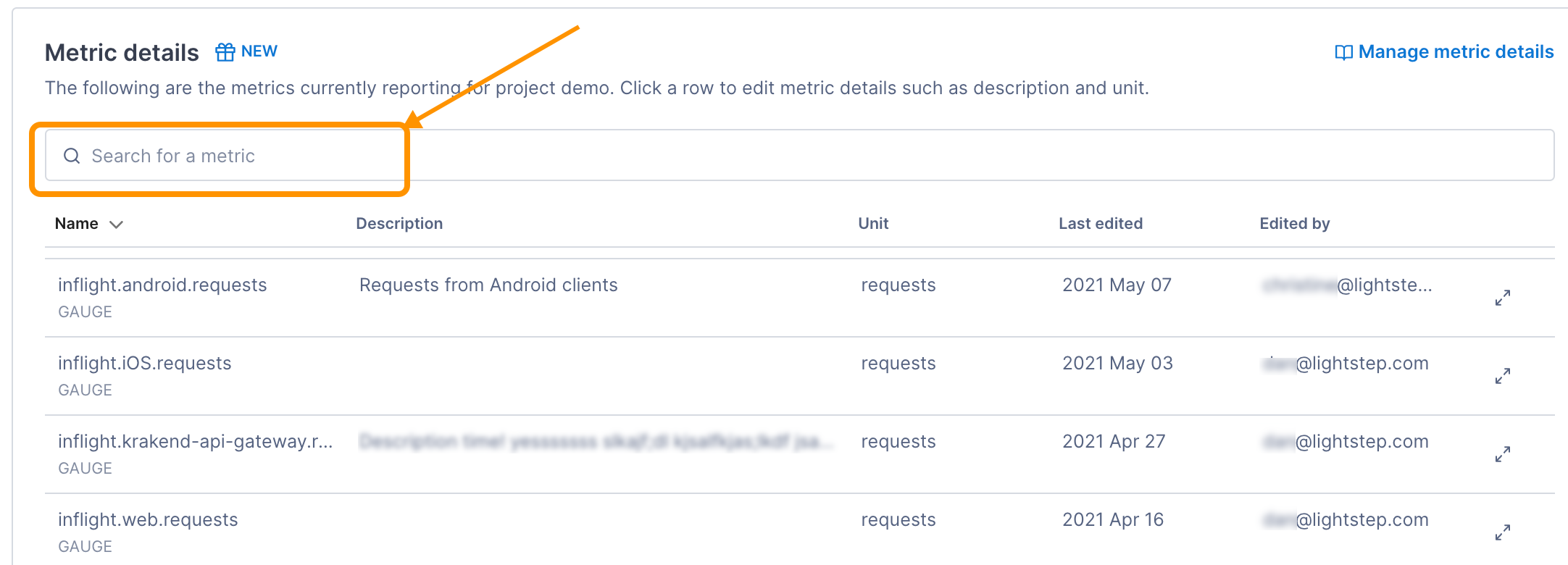The OpenTelemetry Collector provides an integration with JMX and ActiveMQ to ingest metrics. The Collector fetches ActiveMQ metrics from JMX. From there the metrics are processed and exported to Cloud Observability.
To complete the integration, you will:
- Configure the ActiveMQ receiver for the Collector
- Enable the integration by adding it to a pipeline
Prerequisites
- A running ActiveMQ instance
- OpenTelemetry JMX Metric JAR release version 1.9 or later.
- The path to the
opentelemetry-jmx-metrics.jarfile. - You’ve configured the Collector to export metric data to Cloud Observability.
ActiveMQ reporting
The ActiveMQ JMX receiver periodically fetches metrics using a built-in OpenTelemetry helper utilizing a Groovy script. The script is configured to poll both the JMX Agent and the OpenTelemetry JMX Metric Gatherer operation.
For more details regarding configuring the ActiveMQ remote connection, see the official ActiveMQ documentation.
Configure the Collector receiver
In the Collector configuration file, add JVM and ActiveMQ as a receiver and set the following:
jar_path: The path to theopentelemetry-jmx-metrics.jarfile.endpoint: The hostname/IP address and port or unix socket file path of the ActiveMQ instancetarget_system: The metrics to collect. Valid values for this integration arejvmandactivemq
1
2
3
4
5
receivers:
jmx:
jar_path: /opt/opentelemetry-jmx-metrics.jar
endpoint: "localhost:9999"
target_system: jvm,activemq
The OpenTelemetry repo provides additional details about JMX configuration.
Enable the Collector receiver
Once the ActiveMQ receiver is configured, enable it by adding it to one or more pipelines as described in the Collector configuration documentation.
Validate metrics are reporting to Cloud Observability
You can validate that metrics are reporting to Cloud Observability on the Metrics details page in Settings.
-
In Cloud Observability, click Settings > Metric details.
-
Search for ActiveMQ metric names.

-
If needed, click on the metric to edit the description and how the units are displayed in Cloud Observability.
Create a dashboard for the metrics
You can create a pre-built dashboard for this integration from the Dashboard list view. Or use the Cloud Observability Terraform Provider to create a dashboard.
See also
Updated Dec 1, 2022
